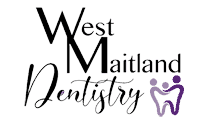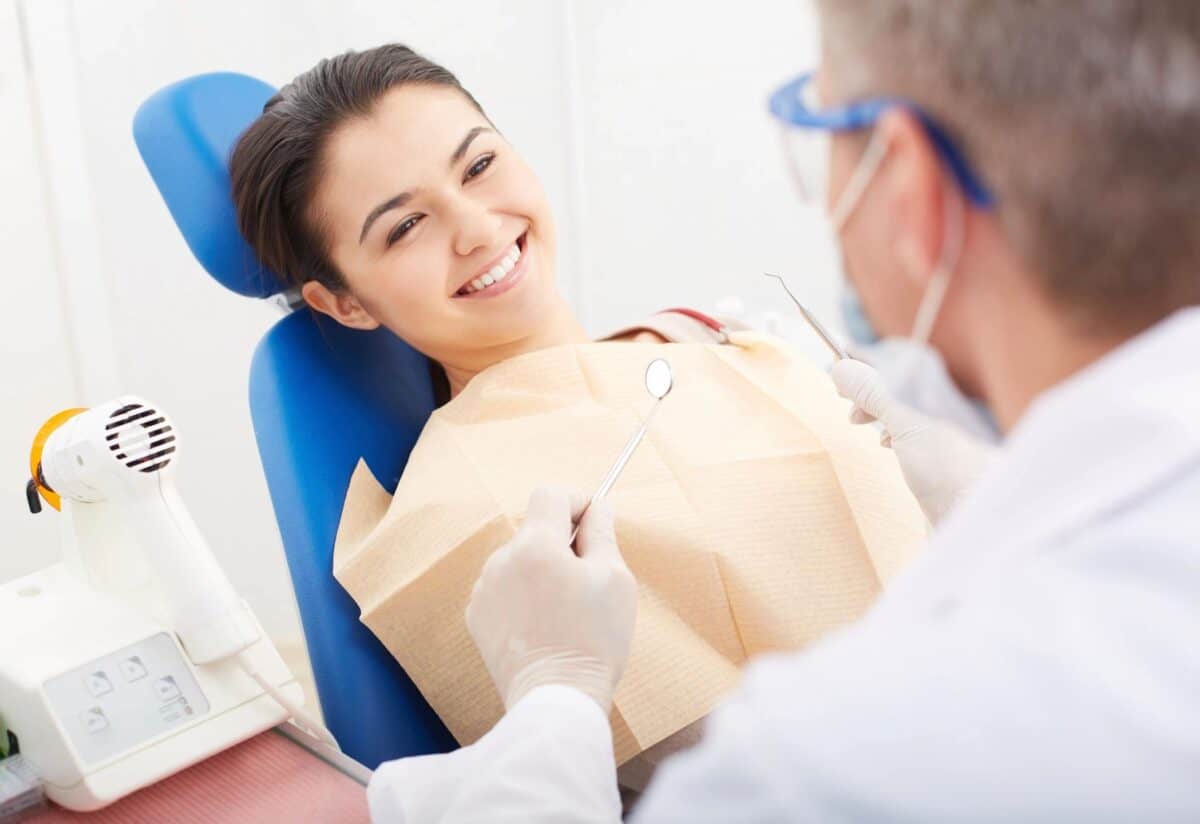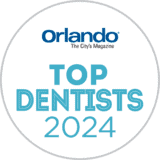When it comes to dental health, sugar often finds itself at the center of the discussion. While we all love sweet treats, understanding how sugar impacts our teeth is crucial for maintaining a healthy smile. In this blog, we’ll explore the relationship between sugar and dental health and how sugar affects your teeth. We will explore how it contributes to tooth decay, and share some tips on how to protect your pearly whites.
The Science Behind Sugar and Tooth Decay
Tooth decay, also known as dental caries or cavities, is a common problem caused by the interaction of sugars with the bacteria in our mouths. Here’s how the process unfolds:
- Bacteria Formation: Our mouths are home to numerous types of bacteria, some of which thrive on sugars. When we consume sugary foods and drinks, these bacteria feed on the sugars and produce acids as a byproduct.
- Acid Attack: The acids produced by these bacteria start to attack the enamel, the hard, protective outer layer of our teeth. Each time we eat or drink something sugary, our teeth are subjected to this acid attack for about 20 minutes or more.
- Demineralization: If the acid attacks persist and exceed the natural remineralization processes of our saliva, the enamel begins to demineralize, leading to the formation of cavities.
- Cavity Development: If left untreated, the cavity can expand deeper into the tooth, affecting not only the enamel but also the dentin and pulp, potentially causing pain and requiring dental intervention.
The Culprits: Where We Find Sugar
Sugar is not just found in obvious treats like candy and cookies; it lurks in many unexpected places. Here are some common sources of sugar:
- Sugary Beverages: Sodas, sweetened teas, and fruit juices are often high in sugars that contribute to tooth decay.
- Processed Foods: Many processed foods, including bread, pasta sauces, and salad dressings, contain hidden sugars.
- Carbohydrates: Carbohydrates break down into sugars and can be a hidden source of an acid attack. Check out this study for more information: The Impact of Carbohydrate Quality on Dental Plaque pH
How to Protect Your Teeth
While sugar is a significant factor in tooth decay, there are steps you can take to protect your teeth:
- Limit Sugar Intake: Be mindful of how much sugar you consume daily. Opt for whole foods and healthy snacks like fruits, vegetables, nuts, and yogurt instead of sugary treats.
- Stay Hydrated: Drinking plenty of water can help wash away food particles and sugars, reducing the amount of time that sugar stays in contact with your teeth.
- Maintain Good Oral Hygiene: Brush your teeth at least twice a day with fluoride toothpaste, and don’t forget to floss. Regular brushing removes plaque that can lead to decay.
- Regular Dental Visits: Schedule regular check-ups with your dentist for professional cleanings and early detection of potential issues.
- Limit the Time Consuming Sugary Treats/Drinks: Try to drink/eat sugary treats at one sitting. Limit the amount of time the sugar is in your mouth to 10-15 minutes. Avoiding snacking on sugary items will help reduce the amount of time the bacteria has to feed off the sugar.
- Use a Straw: When drinking sugary beverages, use a straw to minimize the contact between the drink and your teeth.
- Chew Sugar-Free Gum: After meals, consider chewing sugar-free gum. This can stimulate saliva flow, which helps wash away food particles and neutralize acids.
For more information on what cavities are and how they form check out our previous blog: What are Cavities and How to Prevent Them.
While sugar might make our favorite treats irresistible, it’s essential to recognize its impact on our dental health. By making informed choices and practicing good oral hygiene, you can enjoy the occasional sweet treat without compromising your smile. Remember, a healthy mouth not only contributes to a beautiful smile but also plays a vital role in your overall well-being. Stay vigilant, and give your teeth the care they deserve!






